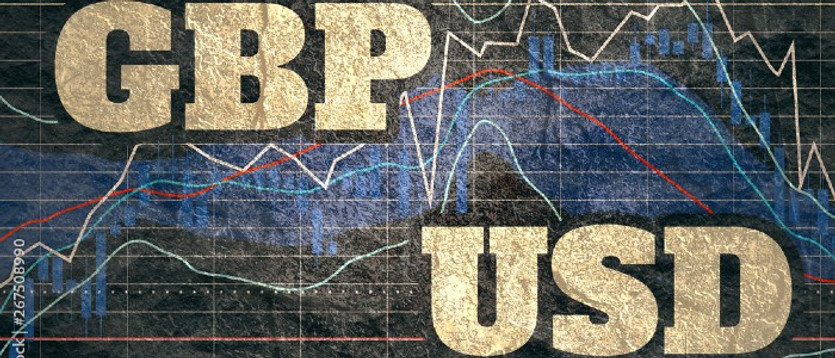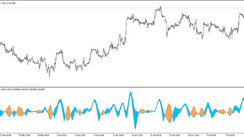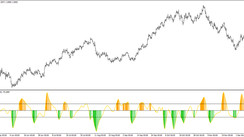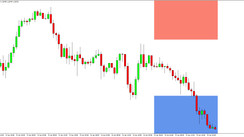As reported this morning in the UK National Bureau of Statistics, the number of jobs in the private sector of the British economy in January increased by 108,000 (against an increase of +131,000 in December), amounting to a record 29.5 million. The unemployment rate in the reporting 3-month period (in October-December) remained at the same mark of 4.1%, and average earnings (in October-December) excluding bonuses increased by 3.7% (in annual terms) after an increase of 3.8% in September-November.
The data presented indicate that the impact of the omicron strain of coronavirus on the labor market was insignificant. In the 4th quarter of 2021, UK GDP grew by 1%, despite the economy contracting by 0.2% in December amid a wave of omicron strain.
This report on the labor market raises the likelihood that the Bank of England may raise its key rate in March, economists say. At the same time, they believe that the Bank of England will be able to cope with rising inflation without resorting to serious monetary tightening, despite the fact that some market participants expect six rate hikes this year.
Nevertheless, despite the strong report on the labor market, the British pound reacted rather reservedly to this publication. Probably, investors are waiting for the release of the inflation report on Wednesday (07:00 GMT) in order to start correcting their positions on the pound.
The consumer price index (CPI) reflects the dynamics of retail prices for a group of goods and services included in the consumer basket, being a key indicator of inflation.
In the previous reporting month (December), the growth in consumer inflation amounted to +0.5% (+5.4% in annual terms). The data suggests growing inflationary pressures, which is likely to support the pound. A reading of the indicator below the forecast/previous value could provoke a weakening of the pound, as low inflation will force the Bank of England to maintain an easy monetary policy. Forecast for January: -0.4% (+5.4% in annual terms).
Also on Wednesday (at 19:00 GMT) the minutes from the January Fed meeting (“FOMC minutes”) will be published. At the end of the January meeting, Fed leaders confirmed the decision to accelerate the reduction in asset purchases in order to complete the QE program in March 2022 and begin raising interest rates. Fed officials plan to raise interest rates three times in 2022.
However, among the leadership of the Fed there is no consensus on this matter. For example, St. Louis Fed Chairman and FOMC member James Bullard said on Monday that the central bank should more aggressively contain inflationary pressures, which would require raising interest rates at a faster pace.
"The central bank should confirm these expectations (of the market) reflected in the (yields) of two-year Treasury bonds, and if we do not do this, it will turn out that we are not protecting the 2% inflation target and are not trying to bring inflation under control", he said. Bullard, adding that the Fed's leadership is now "not in a situation where you can trudge from meeting to meeting, doing a little each time".
Many economists believe that the dollar has a lot of upside potential, especially against the currencies of countries whose central banks are unlikely to raise interest rates quickly. This primarily applies to the ECB. Regarding the Bank of England, it is worth noting that if it does not live up to market expectations in a tighter monetary policy, then the pound may come under additional pressure against the backdrop of an escalation of tension around Ukraine. The military scenario could put new pressure on the British economy, primarily due to rising energy prices, which could lead to a further reduction in household consumption and a reduction in GDP. Today, gas, petrol and diesel prices in the UK have risen, but experts are confident that the growth will continue further. The main factors that could force the Bank of England to keep the rate low are weak GDP and labor market growth, as well as low consumer spending. In the event of rising inflation, British citizens will be forced to use their savings in order to maintain the level of consumption with a significant increase in prices. In the medium term, consumption may decline, in which case British GDP will be under pressure.





